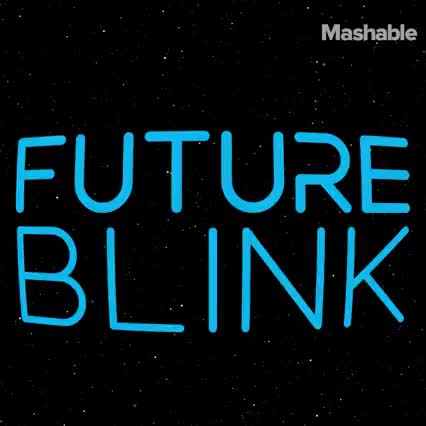We are targeting a two-hour test window that opens at 4 p.m. EST on Sat., Jan. 16, for the hot fire test of the NASA’s Space Launch System rocket core stage at our Stennis Space Center. The hot fire is the eighth and final test of the Green Run series, to ensure the core stage of the SLS is ready to launch NASA’s Artemis Program missions to the Moon. This will be the first time that all four RS-25 engines will be fired at once in order to simulate a launch, generating 1.6 million pounds of thrust.
Live coverage begins at 3:20 p.m. EST. Use the hashtag #AskNASA and your questions might be answered on air 🚀





